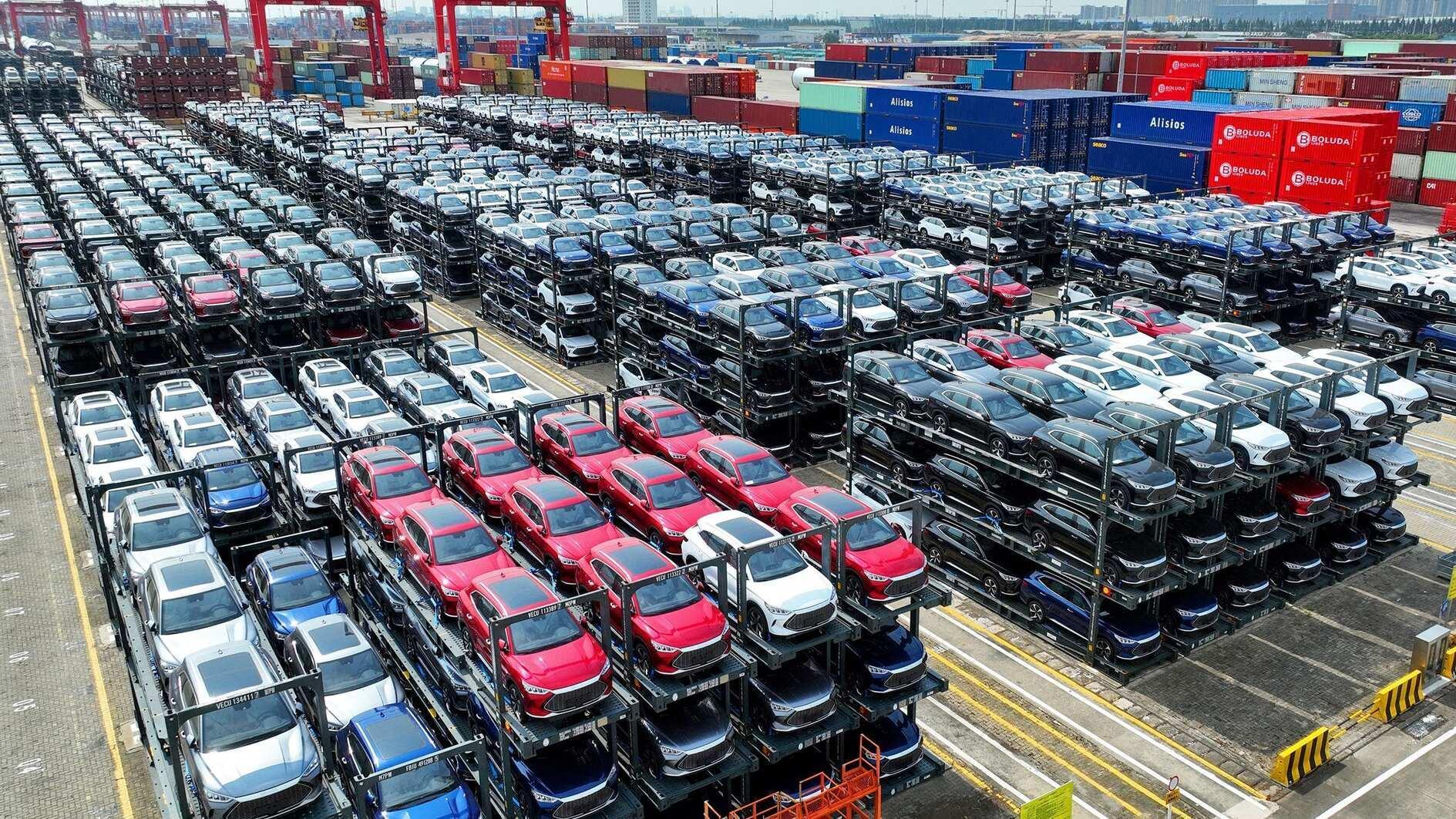
Struggling foreign automakers in China are looking for help from local tech giants to try to stay competitive in the world's biggest electric car market.
At the recent Beijing Auto Show a number of foreign firms announced tech partnerships from Nissan joining forces with Baidu to Toyota signing a cooperation agreement with Tencent.
The two Japanese companies are among a number of traditional auto juggernauts, once dominant in China, that are now struggling to keep pace with a new generation of local EV startups.
"They are notoriously conservative companies and their competencies aren't technology," Tu Le, managing director of Sino Auto Insights, told AFP.
"They've tried to invest in frontier technology for the automotive space but it doesn't come naturally," he said.
"But they are being forced to try to be more open-minded towards technology due to where the market is moving in China and the new entrants into the space, companies like Xiaomi and Huawei with high tech consumer products backgrounds."
Those firms are now in a brutal price war with more than 100 Chinese electric car brands, all fighting to offer the most attractive prices and the most advanced tech to wealthier consumers.
As a result, foreign firms have suffered, Gregor Sebastian, a senior analyst and EV industry expert with the Rhodium Group, told AFP.
"Foreign car makers in China in general, but particularly Japanese car makers, have really been... hammered in the last 12 to 18 months in the Chinese market," he said.
"They've lost market share rapidly... This is linked to intense Chinese competition from producers like BYD, but also the numerous EV startups."
BYD, which has emerged in recent years as the country's undisputed champion of the sector, beat Tesla in the final quarter of 2023 in global EV sales.
Foreign automakers are now compelled to find ways to boost their standing in a market increasingly dominated by a low-cost and high-tech vehicle lineup.
But as the U.S.-China geopolitical competition has intensified in recent years, Beijing has tightened control over foreign firms' access to information it considers sensitive.
One major reason why foreign automakers are seeking partnerships with local tech firms is to benefit from their innovation.
But another is access to data.
"There is a bit of a walled garden scenario going on here," Daniel Kollar, head of automotive and mobility at the consultancy Intralink, told AFP.
"China wants to be seen as playing by the rules, letting foreign players access the market," he said.
"But they really don't want to give up on the security side of things."
The solution is to work with a Chinese partner.
"If you want to offer highly advanced mapping solutions in China, you need to work with a local company and either licence their mapping data or enter into a joint venture," Sebastian said.